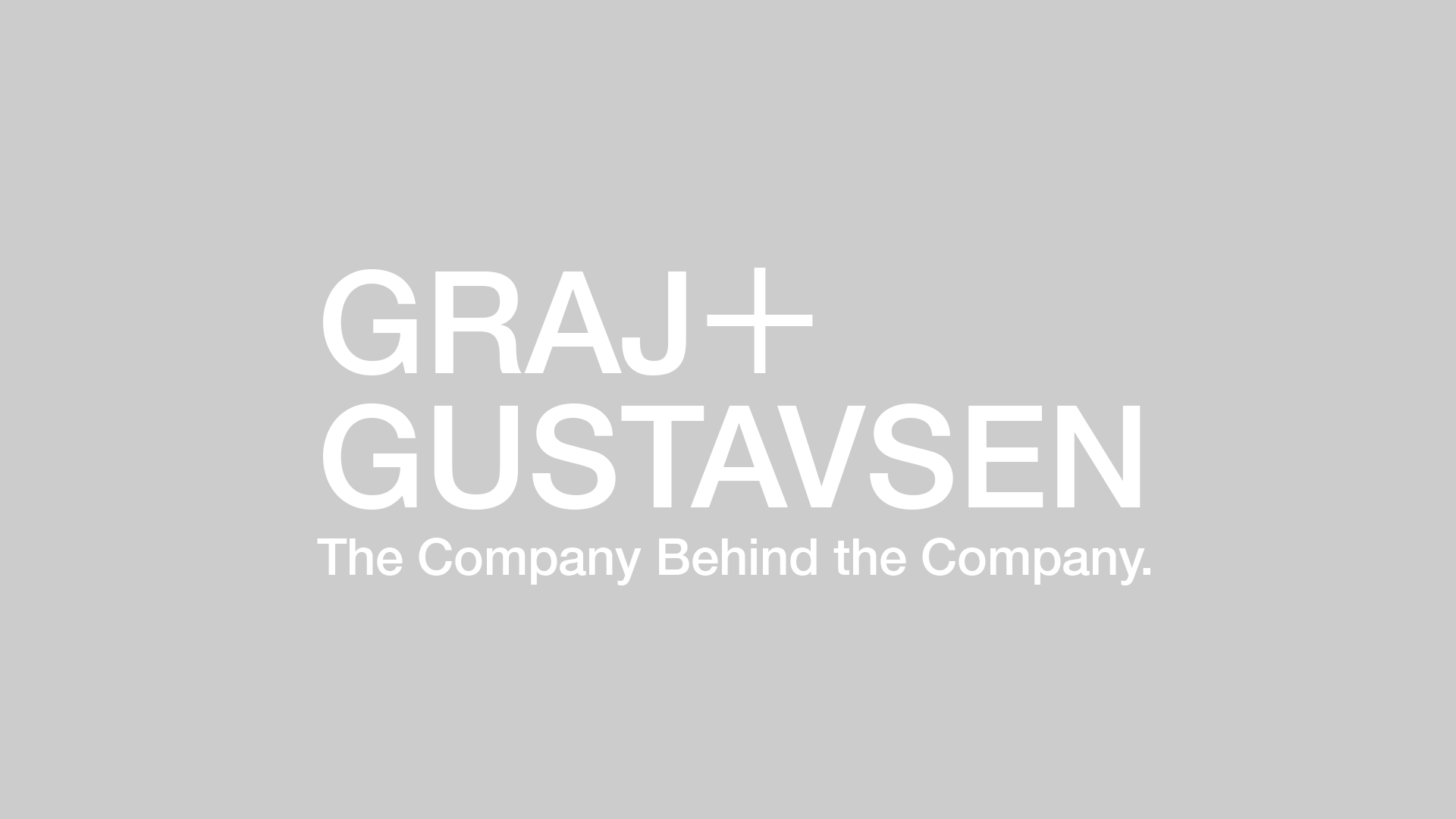Kevin Kelly just penned an eye-popping article for Wired. It’s titled “The New Socialism: Global Collectivist Society Is Coming Online.”
Every business person ought to read it, especially all those charged with ‘creative’ tasks in domains like marketing, advertising, and design.
Kelly’s premise: “The frantic global rush to connect everyone to everyone, all the time, is quietly giving rise to a revised version of socialism.”
“Communal aspects of digital culture run deep and wide,” he maintains. “While old-school socialism was an arm of the state,” says Kelly, “digital socialism is socialism without the state.”
Why characterize this phenomenon as socialism? The wallop of so many digital institutions – from Flickr to Facebook to Wikipedia – rests, the article asserts, on “social interactions.”
People have, as Kelly points out, an enormous and vastly underestimated appetite for sharing and cooperating on sites like the aforementioned ones, and “aggregator sites” work off “the same social dynamic.”
All of us who came of age in the pre-Internet era are steeped in decades of protectionism regarding intellectual property. The prime directive: zealously defend copyrights, trademarks, and business identities. While there may be compelling economic reasons to do so in a classical market structure, the truth is that we no longer live in an easily governable intellectual property world. Further, the appetite for sharing and cooperating has become an unstoppable groundswell of human behavior.
What’s a creative person do in this swirling whirlpool of change?
▪ Much is yet to be decided in the courts, so I wouldn’t blithely surrender years of value vested in brand equity.
▪ However, and most importantly, I would think expansively and look for ways to intelligently share information . . . and anything else with the constituencies you want to develop. First, because sharing is good. Second, because people who share garner heaps of commercially valuable credit for it.
Here’s a story about a guy who’s a real trailblazer. A footwear entrepreneur, Blake Mycoskie, founded Toms Shoes using a very simple model: He would give away one pair of shoes for every one he’s sold. According to the LA Times in April, he’s already donated 140,000 pairs of shoes both in the U.S. and in countries as distant as Ethiopia. His canvas shoes sell for a little over $40 and are retailed by chains like Nordstrom’s and Whole Foods. He targets foreign giving to poverty-strapped countries where people suffer from terrible podiatric problems. Mycoskie’s philosophy: “‘The goal isn’t how much money you make,'” he told the Times, “‘but how much you help people.'” Talk about a business model stood on its head! In effect, you strive to sell more shoes to enable you to give more shoes away.
Altruism is inspirational, but it isn’t always altruism that is driving the new cooperation. “[T]he leaders of the new socialism are extremely pragmatic,” Kevin Kelly maintains. When nearly three thousand “open source developers” were surveyed for their motivation to contribute time to a public initiative, he reports, the biggest motivation was “‘to learn and develop new skills.'”
Creative people need to stay in touch with initiatives like Creative Commons and the shift in thinking from “all rights reserved” to “some rights reserved” and even, in certain case, to “all rights reversed.” And, the reason for reading the cooperative pulse may be enlightened self-interest as much as humanitarian dedication.
There’s a brand new collaborative mindset that’s evolving in the marketplace at lightning speed. Those who don’t internalize how and why it works are likely to relegate themselves to fossilized and commercially crippling rigidity.


